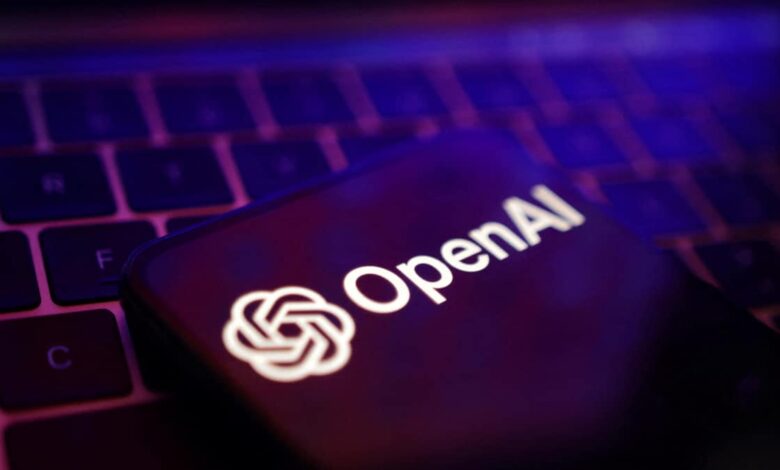What OpenAI’s Staggering $150 Billion Valuation Could Depend On

OpenAI’s new round of funding is expected to come in the form of convertible bonds, according to sources with direct knowledge of the matter. They said the $150 billion valuation will depend on whether the ChatGPT maker can shake up its corporate structure and remove a profit cap for investors.
The previously undisclosed details of the $6.5 billion financing offer reveal how far OpenAI, the world’s most valuable AI startup, has come from a research-based nonprofit. They also highlight the structural changes the company is willing to make to attract increasing investment to fund its costly pursuit of artificial general intelligence (AGI), or AI that surpasses human intelligence.
According to sources, the massive funding round is seeing strong demand from investors and could close in the next two weeks given OpenAI’s rapid revenue growth.
Existing investors including Thrive Capital, Khosla Ventures and Microsoft are expected to participate. New investors including Nvidia and Apple are also planning to invest. Sequoia Capital is also in talks to return as a recurring investor.
If the restructuring fails, OpenAI will have to renegotiate with investors the valuation at which its shares will be converted, likely for a lower amount, the sources told Reuters, speaking on condition of anonymity to discuss private matters.
OpenAI declined to comment.
The elimination of the profit cap requires the approval of the board of the non-profit organization OpenAI, consisting of CEO Sam Altman, entrepreneur Bret Taylor and seven other members.
The company has also held discussions with lawyers about converting its nonprofit structure into a for-profit organization, similar to what competitors Anthropic and xAI use, sources said, confirming media reports.
It is unclear whether such fundamental changes to the corporate structure can happen. Removing the profit cap, which limited the potential returns of investors in OpenAI’s for-profit subsidiary, would give early investors an even bigger profit.
It could also raise questions about OpenAI’s governance and its abandonment of its nonprofit mission. OpenAI has said the cap was put in place to “incentivize them to research, develop, and implement AGI in a way that balances commerciality with safety and sustainability, rather than focusing on pure profit maximization.”
The San Francisco AI Lab was founded in 2015 as a non-profit research organization with the goal of developing AI for the benefit of humanity. The lab is currently managed by a non-profit organization.
The company has accelerated its commercialization efforts by selling subscription services like ChatGPT to consumers and businesses. ChatGPT now has over 200 million users.
Existing investors are bound to a maximum return on their investment. Any additional proceeds are donated to the non-profit organization.
Returns were capped at 100x the investment for investors in OpenAI’s initial funding round. “We expect this multiple to be lower for future rounds,” the company said in a 2019 blog post describing the structure.
OpenAI has used this model to raise more than $10 billion in recent years, much of it from Microsoft. It was last valued at $80 billion in February in a tender offer deal that saw the company sell existing shares led by Thrive Capital.
© Thomson Reuters 2024
(This story has not been edited by NDTV staff and is auto-generated from a syndicated feed.)




